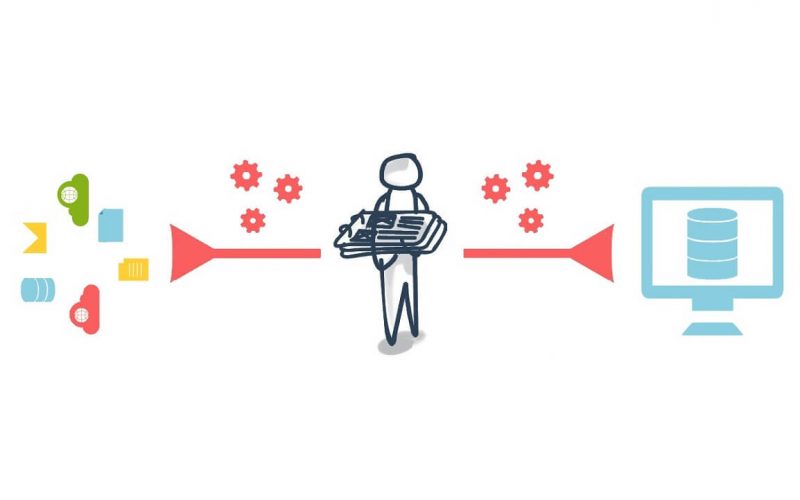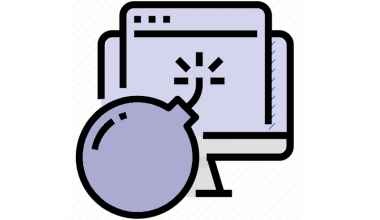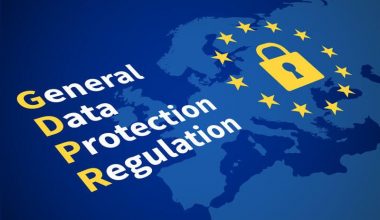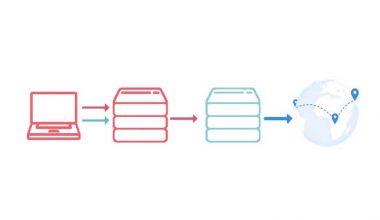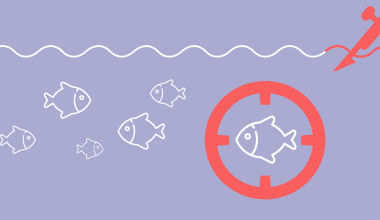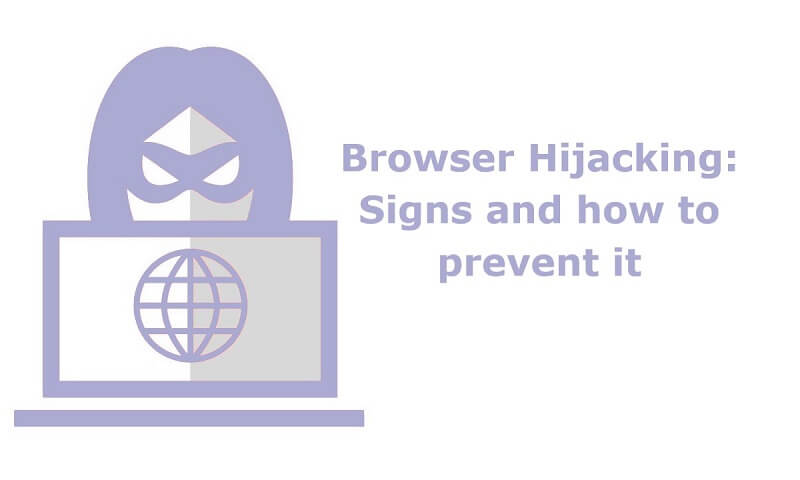So many things happen on the internet, the network is used for both good and bad. Due to the high rate of cybercrimes committed on the internet, the internet is not considered a safe place to share very private information. Unfortunately, a lot of people still fall victim to cybercriminals as they overshare information online.
Information you share online can be used against you in various ways, one of which is called doxing. In this article, we will be looking at doxing, what it is and how to protect against it.
What is Doxing?
Doxing is one of the numerous cybercrimes being committed on the internet. It is an act whereby cybercriminals gather private details of internet users from different online sources and publish them for public view. These details can be published on a random website or any online platform such that anybody can access and make use of these details.
The word doxing was coned from the word document which often shortened as docs. When a dox attack is to be carried out, the hackers target private details such as name, email address, phone number, address, bank information, and even photos. It is almost like collecting details of a person’s curriculum vitae. The major aim is for the information to be used in implicating the real owner.
Doxing is dangerous as it puts people at risk. Often, it is used for political gains to harm oppositions. Hackers who dox do not get any monetary gain from it, the act is just to cause harm by revealing the anonymous identity of people.
How Do Hackers Dox?
Doxing is one of the simplest cyber crimes since it just involves gathering private information. For this reason, any hacker can carry out this criminal act; it does not require high expertise in IT or coding languages. There are two main stages in doxing and they are collection and publication.
Collection simply implies gathering the private details while publication is the stage whereby these details are published for public access. Hackers who dox get their information mainly from the following sources:
Social Media Platforms: Social media platforms are the number target of hackers when it comes to doxing. Despite the dangers, a lot of social media users do share their private details on platforms like Facebook, Twitter, and Instagram. They publish information like their real names, location, phone numbers, email addresses and even identity of family members.
Websites and blogs: Some people share their private details when they visit websites and blogs on the internet. Some of these sites are owned by hackers and some might not be very secure so hackers can steal information share on them. Your IP address which is revealed when you visit a website is enough for hackers to gather your private information.
Address and telephone directories: There are address and telephone directories online and offline. People submit their details to such directories and if hackers get access to them, they can steal these details.
Social engineering: Some hackers pose as legitimate people online and manipulate people into disclosing private details to them. Social engineering is a popular trick hackers use to get information.
How To Protect Yourself From Doxing?
Knowing how dangerous and harmful doxing is, no one would want such to happen to them. For this reason, it is important to know how to protect yourself from this cybercrime. The below tips will help;
Share less information online
This is the number one thing you have to do to protect yourself from doxing – share less information. You do not have to supply all your private details online whenever you are asked to. On social media, try to optimize your profiles and make them as private as possible.
Your private data such as phone number, email address, and home address should be invisible to the public. If you like to comment on random blogs and forums, you can do so using a fake name and email address.
Use a VPN
A virtual private network (VPN) is recommended for doxing protection because it gives you online privacy protection. Not all VPNs will work, only the best VPNs work and an ideal one to make use of is RitaVPN.
You should make use of RitaVPN as it is capable of masking your true IP address. It changes your IP address to that of other countries so that when you go online, hackers cannot access it. Also, the VPN uses strong encryption technology to ensure that the information you share online cannot be accessed by any third party.
Use WHOIS protection
This applies to those who own websites and blogs on the internet. Usually, when you purchase a hosting or domain from any seller, your details are supplied to the WHOIS database. When your domain is looked up on the WHOIS website, your private details come up including, your name, email address, phone number, and address.
Hackers can lay hands on this and if they do, you are at doxing risk. WHOIS protection protects your details by preventing them from displaying when your domain is looked up. Domain sellers do offer WHOIS protection and it is recommended you use it if you own a website.
Make use of secure passwords
This is something that is always talked about when it comes to online security. You should make use of secure passwords to avoid being hacked. When your online accounts get hacked, your private details are at the mercy of your hackers. They can do whatever with it including doxing you. Ensure you use strong and unique passwords.
How to Protect Yourself against Social Engineering?
Static IP vs. Dynamic IP: Which One is Right for You?
Device Fingerprinting: How Does it Work?
How to Hack WiFi Password on Android Phone?
Social Media Security Tips you Should Consider
Most Secure Social Media Platforms
How to Remove Personal Information from Social Websites?
HTTPS vs. VPN: Which One to Choose?
Conclusion
Now you know what doxing is and also how to protect yourself from it. At all times, you should strive to ensure that you are safe when you go online.
